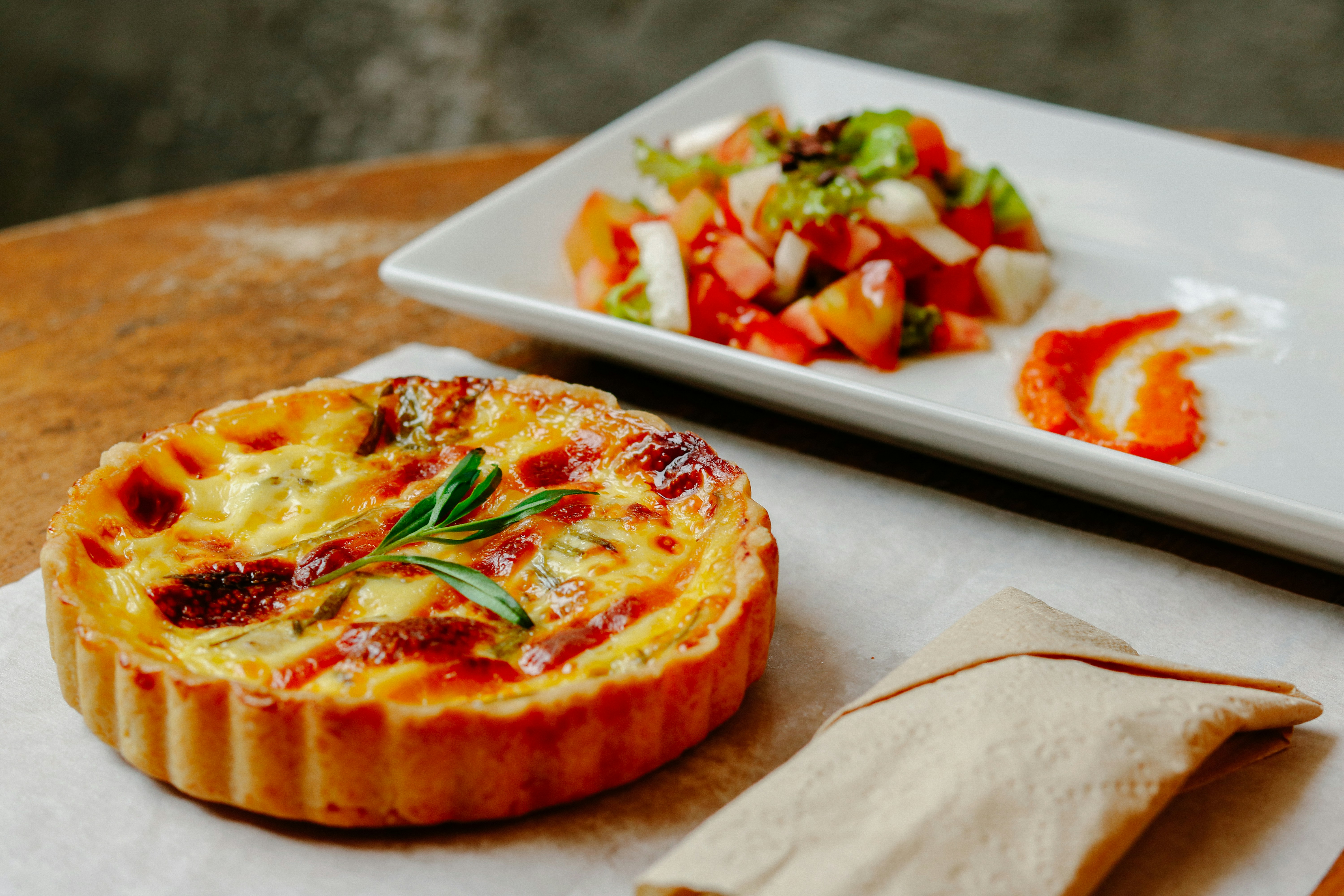Discovering the Richness of Moroccan Cuisine: A Journey of Flavor and Culture
Moroccan cuisine, with its vibrant flavors, colorful presentation, and unique cooking techniques, is a culinary journey worth taking. This article will explore the intricacies of Moroccan cuisine, its cultural significance, and its innovative use in modern gastronomy.
A Colorful Palette of Flavors
At the heart of Moroccan cuisine is a symphony of spices. Each dish tells a story of heritage, geography, and culture. From the sweet and savory tagines to the fiery harira soup, Moroccan food is a vibrant mix of Mediterranean, Arab, and Berber influences. The use of spices like saffron, cumin, and coriander adds depth and complexity to the dishes, creating a delightful dance of flavors on the palate.
The Art of Moroccan Cooking Techniques
Traditional Moroccan cooking techniques are as unique as the flavors. The tagine, a cone-shaped earthenware pot, is essential. Its design allows for slow, even cooking, infusing the food with flavors and keeping it moist. Another technique is preserving foods in oil or salt, such as lemons and olives, adding a tangy, salty burst to dishes.
Moroccan Cuisine and Cultural Significance
Food in Morocco is not just about nourishment; it’s about hospitality, family, and tradition. Meals are a social event, often shared from a communal dish, signifying unity and friendship. Traditional Moroccan tea, a blend of green tea, mint, and sugar, is more than a beverage; it’s a symbol of Moroccan hospitality and an integral part of social rituals.
The Modern Interpretation of Moroccan Cuisine
Contemporary chefs are bringing a fresh perspective to Moroccan cuisine, incorporating traditional ingredients and techniques into modern gastronomy. They’re creating fusion dishes that marry Moroccan flavors with global culinary trends, offering a fresh take on the classics and introducing Moroccan cuisine to a broader audience.
Diving Deeper into Moroccan Beverages
Moroccan beverages are as diverse as its cuisine. From the traditional mint tea, known as ‘Moroccan whiskey,’ to the refreshing avocado and date smoothies, these beverages are an essential part of the Moroccan gastronomic experience.
Some Moroccan Culinary Gems:
-
Couscous: Considered the national dish of Morocco, it’s often served with a rich stew.
-
Pastilla: A sweet and savory pie made with layers of thin pastry, filled with spiced pigeon meat, and topped with almonds, cinnamon, and sugar.
-
B’stilla: A flaky pastry filled with a mixture of chicken, almonds, and eggs, flavored with saffron and cinnamon.
In conclusion, Moroccan cuisine is a rich tapestry of flavors, techniques, and cultural nuances. It’s more than just a culinary experience; it’s a journey into a country’s heritage and way of life. So, the next time you’re looking to broaden your gastronomic horizons, let Moroccan cuisine be your guide.





